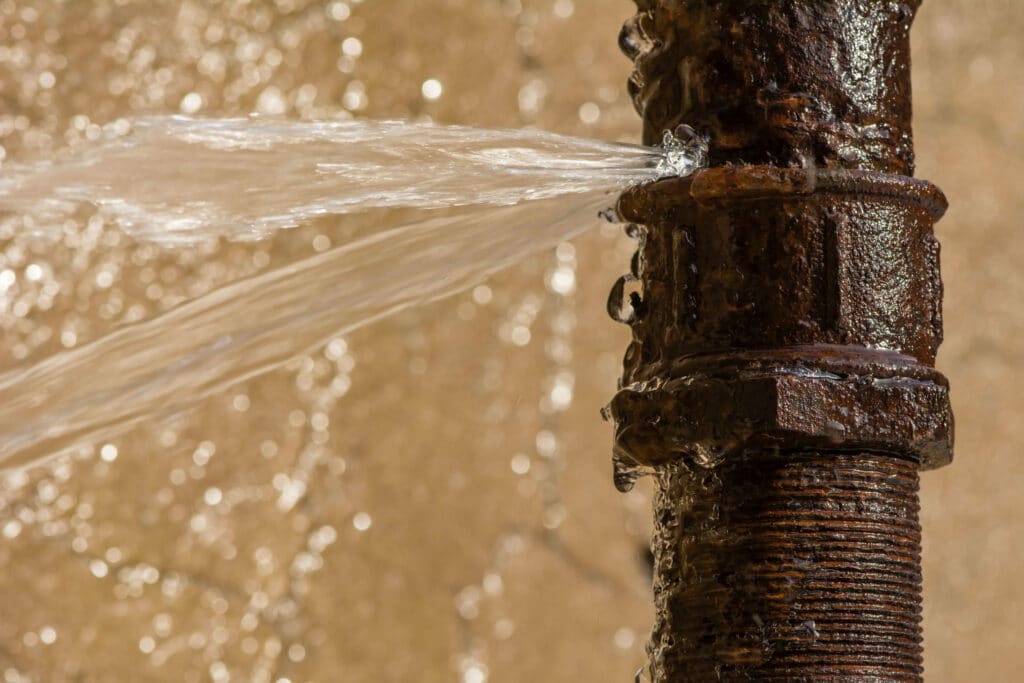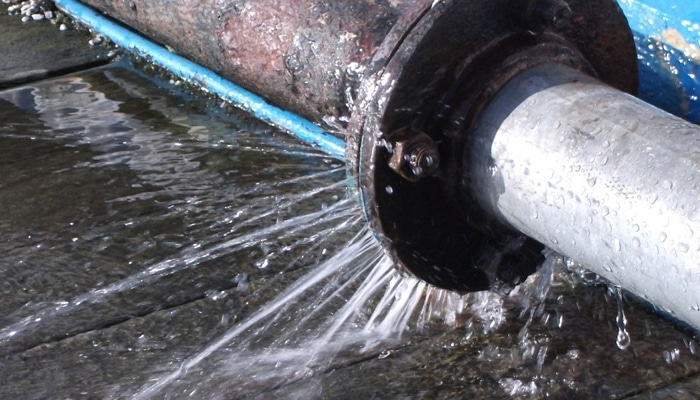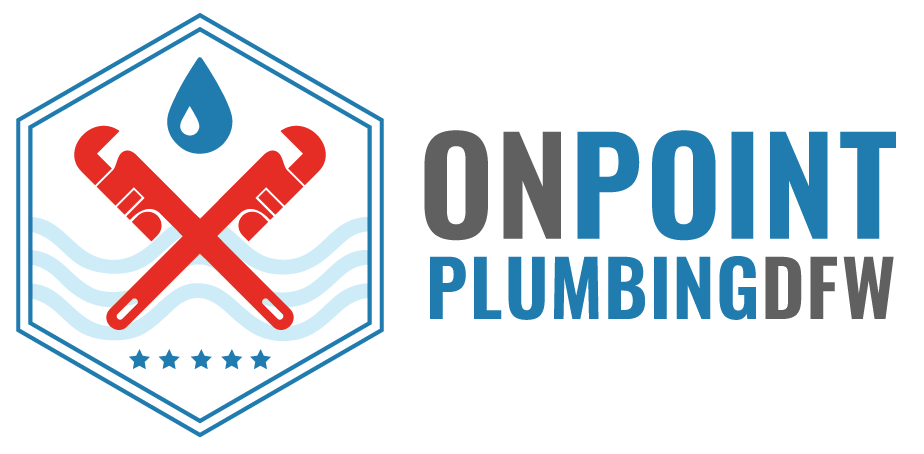Water leaks can happen to any home, and it’s important to take them seriously. Not only can leaks cause damage to your property, but they can also lead to high water bills and wasting of this valuable resource. It’s important to detect water leaks as soon as possible to prevent further damage, high costs and the wastage of water. A professional plumber can help homeowners detect and fix water leaks quickly, efficiently, and effectively. In this article, we will discuss the importance of detecting and fixing water leaks, and how a professional plumber can help.
What is Water Leak?
Water leaks refer to any unwanted or unintended flow of water from a pipe, appliance, or fixture in a building. They can occur in various places in the home such as walls, floors, or ceilings. Water leaks can vary in size, from a small drip from a faucet to a major burst pipe. They can happen slowly over time or suddenly. They can be caused by a variety of factors, including:

- Corroded pipes: Over time, pipes can become corroded, which can lead to leaks.
- Malfunctioning appliances: Water-using appliances such as dishwashers, washing machines, and refrigerators can develop leaks if they are not properly maintained or if they malfunction.
- Poor plumbing: Leaks can also be caused by poor plumbing, such as improper installation or the use of low-quality materials.
- Aging: As the pipes and appliances age, the seals and joints may wear out, leading to leaks.
Importance of Detecting and Fixing Water Leaks
Detecting water leaks can be challenging, as some leaks are not visible and can be hidden behind walls or under floors. A professional plumber can help homeowners detect and locate water leaks using specialized tools and techniques. They can also repair the leaks and prevent them from happening again by suggesting preventive measures and identifying potential problem areas.
Once a leak is detected, it’s important to fix it as soon as possible. Fixing water leaks can be a complex and difficult task, and it’s important to ensure that the repair is done correctly. A professional plumber has the experience, skills, and knowledge to repair leaks quickly and efficiently. They can also ensure that the repair is done to code, to the highest standard, and meets the relevant safety regulations
What are Some Common Causes of Water Leaks?
- Corroded pipes: Over time, pipes can become corroded, which can lead to leaks. The corrosion can be caused by a variety of factors, such as acidic water, high mineral content, and age.
- Malfunctioning appliances: Water-using appliances such as dishwashers, washing machines, and refrigerators can develop leaks if they are not properly maintained or if they malfunction. A damaged hose, worn-out seals, or a broken component can all cause leaks.
- Poor plumbing: Leaks can also be caused by poor plumbing, such as improper installation or the use of low-quality materials. This can include the use of substandard pipes or the failure to properly seal connections.
- Aging: As the pipes and appliances age, the seals and joints may wear out, leading to leaks. This is particularly common in homes with old plumbing systems.
- Ground movement: In areas where there is a lot of ground movement, such as in earthquake-prone areas, the pipes can break or get disconnected causing leaks.
- Weather conditions: Severe weather conditions such as heavy rain, snow, and frost can also cause leaks due to freeze-thaw cycles and high water pressure.
- Rodents and pests: Rodents and pests like rats, mice, and termites, can cause damage to the pipes and cause leaks.
It’s important to note that a combination of multiple factors could also lead to a water leak, it’s not always a single cause. To prevent or minimize the risk of water leaks, it’s important to keep an eye on the above causes, maintain appliances and pipes regularly, and to have regular plumbing inspections.
How to Detect if you have Water Leak?
There are several ways to detect if you have a water leak:

- Check your water meter: Locate your water meter (usually located in the front or back of your house) and check the reading. If the meter is moving when all water-using appliances in your home are turned off, you may have a leak.
- Check for visible leaks: Look for any visible signs of leaks, such as water stains on walls or floors, or pools of water on your property.
- Listen for sounds of running water: Some leaks can be heard as the sound of running water, even if they are not visible. Listen for any unusual noises such as trickling water or hissing sounds.
- Monitor your water bill: If you notice an unusually high water bill, it could be an indication of a leak.
- Use smart water sensors: There are smart water sensors available that you can install in your home to monitor water usage and detect leaks. These sensors can be connected to your phone and alert you if a leak is detected.
It’s important to keep in mind that a water leak may not be easily visible and might be hidden behind walls or under floors, this is when smart water sensors, or regular plumbing inspections, are very helpful in detecting leaks. If you suspect you have a water leak, it’s important to act quickly to find and repair the leak to avoid costly water damage. Depending on the location and severity of the leak, you may be able to fix it yourself or you may need to call a plumber.
What are the Consequences of not Addressing a Water Leak?
If a water leak is not addressed, it can lead to a number of serious consequences, such as:
- Water damage: The most obvious consequence of a water leak is water damage. Leaks can cause damage to floors, walls, ceilings, and personal belongings. If left unchecked, the damage can become severe and costly to repair.
- Water Waste: Leaks can also lead to the wastage of water, which is an important resource. This can be a significant financial burden and also contribute to water shortages and environmental issues.
- Mold growth: Water leaks can lead to mold growth, which can cause serious health problems, such as allergies and respiratory issues.
- Structural damage: Leaks can also cause structural damage to your home. If left untreated, leaks can weaken the foundation of your home, potentially causing it to collapse.
- Increased utility bills: Leaks can cause your water bills to spike and if the leaks are not addressed, the bills will keep going up.
- Environmental impact: Unaddressed leaks can have an environmental impact, both by wasting the valuable resource of water and by contributing to the contamination of water sources.
It’s important to address water leaks as soon as they are detected to prevent further damage and to minimize the financial and environmental impact. A small leak can easily turn into a big one and cause severe damage, so it’s always better to be safe than sorry.
Water leaks can be small or large, and they can happen slowly or suddenly. Some leaks are visible and can be heard, while others are hidden and can only be detected by monitoring water usage or checking for signs of damage. Regardless of their size or cause, it’s important to address water leaks as soon as possible to prevent damage to your home and conserve water.
Can a Water Leak happen in a New Home?
Yes, even new homes can experience water leaks. Leaks can occur due to faulty installation, poor-quality materials, or other issues. Regular maintenance and inspections can help prevent leaks from occurring in new homes.
How can a Professional Plumber help?
A professional plumber can also provide preventive maintenance services to help identify potential leaks and prevent them from occurring. This can include inspecting and maintaining pipes and appliances, checking for corrosion, and identifying any potential problems before they become major issues.
In summary, water leaks can be a major problem for homeowners, and early detection and repair is crucial. A professional plumber can help homeowners detect and fix leaks quickly, efficiently, and effectively. They can also provide preventive measures and recommendations to prevent future leaks and ensure that your home remains in good
It’s important to remember that water leaks can occur anywhere in your home and can be caused by a variety of factors such as corroded pipes, malfunctioning appliances, poor plumbing, or just aging. The consequences of not addressing a water leak can be severe, including water damage, water wastage, mold growth, and even structural damage to your home.
If you suspect you have a water leak, it’s important to act quickly to find and repair the leak. Depending on the location and severity of the leak, you may be able to fix it yourself or you may need to call a plumber. A professional plumber can quickly identify the source of the leak and repair it in the most efficient and cost-effective way. Hiring a reputable plumber ensures that the work is done correctly, the repair is done to the highest standard, and to code. Furthermore, a plumber can also provide preventive measures and recommendations to prevent future leaks. If you need further help finding a reputable plumber, please do not hesitate to reach out to us. We would be happy to assist you.
